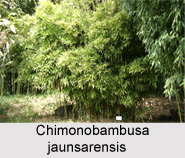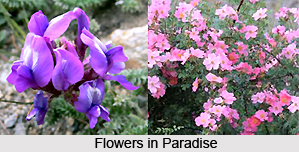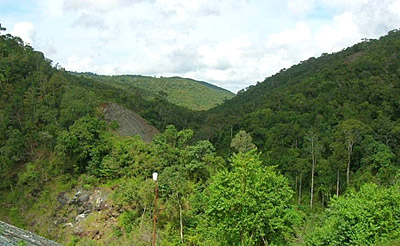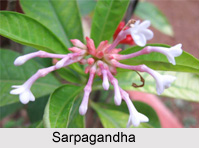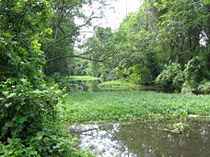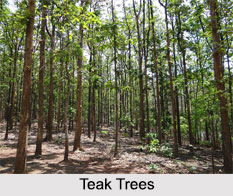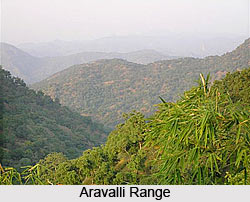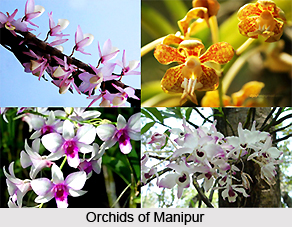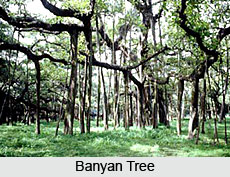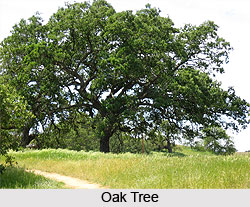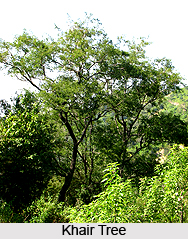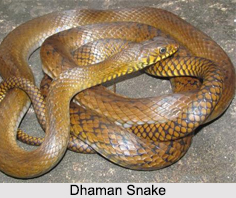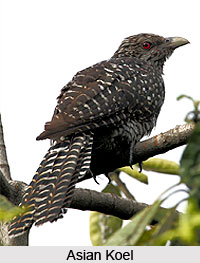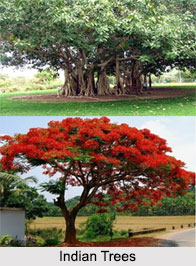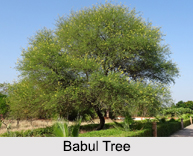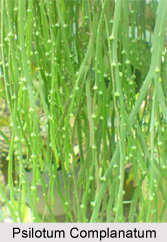 Psilotum Complanatum is structurally simple, lacks leaves and roots and possesses hanging stems with dichotomous branching. The branches lack developed leaves however they have minute scales. The stems and branches have protostele along with a triangular-shaped core of xylem. It has two rows arranged scales which is spread along the flat stems and branches. The stems are triangular.
Psilotum Complanatum is structurally simple, lacks leaves and roots and possesses hanging stems with dichotomous branching. The branches lack developed leaves however they have minute scales. The stems and branches have protostele along with a triangular-shaped core of xylem. It has two rows arranged scales which is spread along the flat stems and branches. The stems are triangular.
The branches have a width of 1.5 to 2 mm. It grows 10cm to 75 cm long. The stems are covered with brownish coloured hair-like rhizoids. It also has small stalks that end with simple sporangia. The spores that are produced are bean shaped. They germinate best in the presence of dark environment and ammonium. The gametophyte is non-photosynthetic. Plants grow from a subterranean rhizome which anchors the plant in place and absorbs nutrients by means of filament like rhizoids.
In India it is found in Nicobar group of islands. Plants are found hanging from the trunks of trees or other similar plant species.
Scientific Classification
Kingdom: Plantae
Division: Pteridophyta
Class: Psilotopsida
Order: Psilotales
Family: Psilotaceae
Genus: Psilotum
Species: Psilotum complanatum
